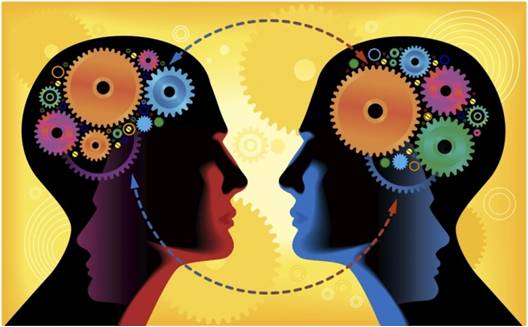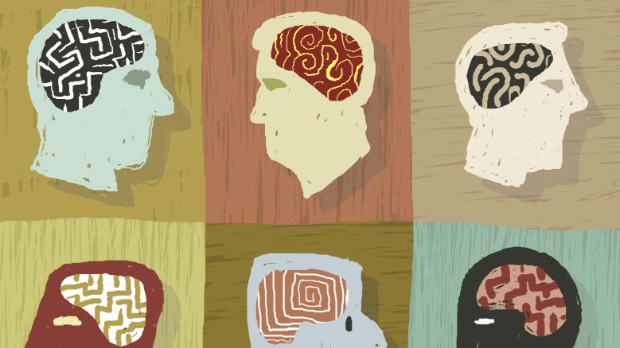Posts by Luc P. Beaudoin
To boost productivity and cognition in the Knowledge Age, prioritize Deep work, avoid the Shallows, and Self-Quantify
————— In 2009, Winifred Gallagher published his excellent Rapt: Attention and the Focused Life, persuasively arguing that productivity, enjoyment and human development require extended periods of focusing. The next year, Nicholas Carr published his fascinating The Shallows: What the Internet Is Doing to Our Brains in which he argued that the Internet is ‘rewiring’ our brains.…
Read More5 ideas to help knowledge workers increase lifelong learning and productivity
—– Some apps aim to help you train specific brain functions, such as working memory. Others are meant to help you maintain specific skills, such as useful field of view for safe driving. But suppose you are reading a very insightful book and need to master some of its knowledge gems. What kind of app might you use?
Read MoreFor a good night’s rest, combine general sleep hygiene with mindful and cognitive techniques
——- Most SharpBrains readers understand the benefits of stress regulation, and also the benefits of sleep. Recommendations for sleep hygiene are well publicized. They include avoiding alcohol and stimulants like caffeine; sticking to regular bed and wake times (even if you don’t get enough sleep); exposing
Read More7 Key Lessons from the 2011 SharpBrains Summit: Retooling Brain Health for the 21st Century
SharpBrains served a highly thought-provoking and informative 2011 Virtual Summit on Retooling Brain Health for the 21st Century over 3 days, March 30th — April 1st. Here is a brief distillation of the large number (40+) of presentations. 1.The range and variety of presentations left no room for doubt that the digital brain health market…
Read MoreApple iPad Thumbs-Up: Brain Fitness Value, and Limitations
ipad is a good device to enhance cognitive ability. It has all the necessary tools and applications for everyone. The platform itself helps people to more organized. The eye-catching design attracts people and brain.
Read MoreWill the Apple Tablet Support or Hinder Users Cognitive Fitness?
Rumor has it that Apple is going to announce a tablet computer, which may well become a revolutionary new way for users to read and experience all kinds of educational content. Will it support or hinder our Cognitive Fitness? In this article, I describe the criteria that a tablet computer and its technological ecosystem must…
Read More



